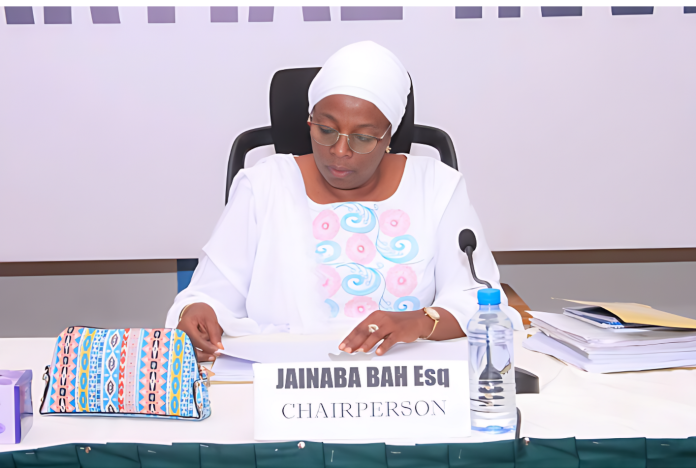A former director of finance at Banjul City Council (BCC), Momodou Camara, has painted a grim picture of the council’s administrative and financial management during his testimony before the Local Government Commission of Inquiry. The Commission was established to investigate the operations of local councils across The Gambia from May 2018 to January 2023, with the aim of enhancing transparency and accountability.
Camara, who now serves as the finance director at Brikama Area Council, described a work environment at BCC plagued by weak leadership, poor staff discipline, and a lack of institutional structure. He spoke about the absence of a functional administration department and suggested that critical governance structures were essentially “dead” at the council.
“There is no administration department,” he said, noting that while a Chief Executive Officer (CEO) was in place, the individual rarely reported to work on time, often arriving by 1 p.m. and leaving before 3 p.m. “Sometimes we would chase him around town to get things signed,” Camara added.
He lamented the widespread lack of professionalism and commitment among some staff, emphasizing that proper work culture was absent. Despite some employees having academic qualifications, he said many struggled with basic office tasks such as writing memos or drafting official letters.
“There is no proper recruitment structure in council,” he continued, explaining that some staff members who rose through the ranks lacked confirmation in their acting roles and were not adequately equipped for administrative duties. He said some individuals were even found sleeping on the CEO’s office sofa during work hours.
Camara highlighted ongoing tension between the political and administrative arms of the council, describing the relationship as toxic and dysfunctional. “It’s one of psychological torture… it’s not healthy,” he said, explaining that council staff were frequently subjected to stress and internal conflict.
He also testified that senior management meetings were either not held or not properly documented. While he attempted to reintroduce regular meetings upon assuming his role, he noted that some managers were deliberately excluded from these forums based on perceived political leanings. One such official, Sandy Ginjai, known for strong administrative skills, was sidelined for not aligning with what Camara described as “the Mayor’s agenda.”
Despite having qualified staff internally, Camara revealed that BCC hired an external minutes-taker, a woman named Adama, whose sole job was to record meeting minutes. He said the rationale for her hiring was unclear, especially when in-house personnel could have performed the task. “The CEO should be better placed to explain how she was hired,” he told the Commission, adding that the situation persisted during his time at the council.


















